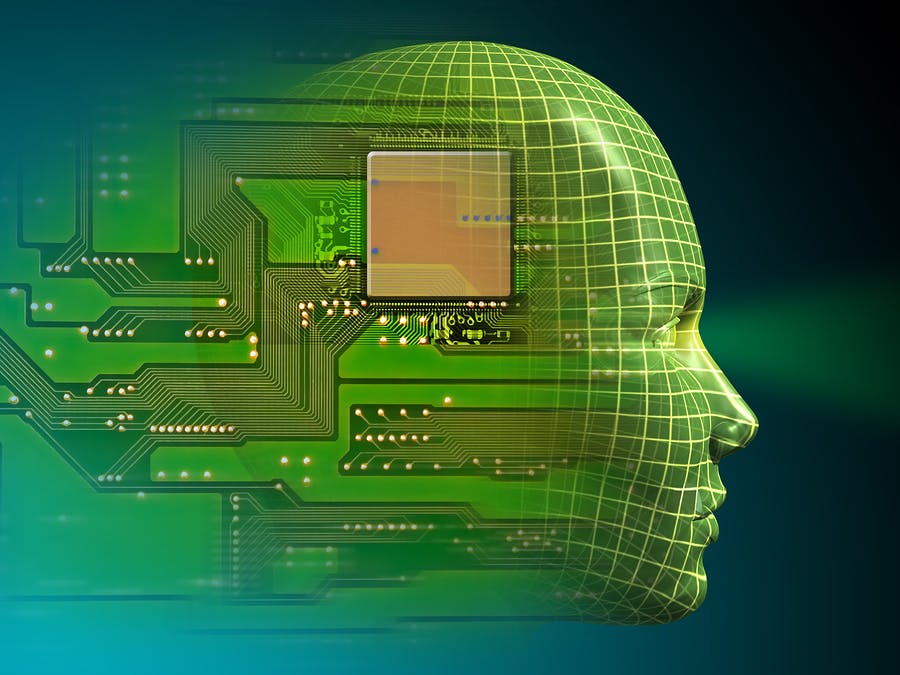As the world of work is rapidly changing amongst digital disruption, HR must keep pace.
By 2020, the World Economic Forum (WEF) predicts that the Fourth Industrial Revolution will be here, with robotics, artificial intelligence and automation making some roles obsolete. WEF estimated that on average, one-third of the skill sets required for today’s jobs will be completely new. Moreover, they predict that 65% of children entering primary school today will end up with jobs that don’t even exist yet.
As HR professionals look to the future, their primary aim will be to rethink what we need from the workforce, how implementing the latest HR technology can reinvent the role of HR and the importance of future-proofing its workforce to help drive change.
Will we be replaced by robots?
The Deloitte 2018 Human Capital Trend report found that the adoption of automation, robotics and AI is accelerating in the workplace dramatically, presenting a real opportunity to drastically reimagine our working models in a way that maximises the value of both humans and machines.
When people hear “artificial intelligence”, the first thing they think of is robots taking our jobs.But that’s not the case. Forbes conducted a survey on digital and job displacement, 65% of respondents thought that technology had actually increased the number of jobs available. If anything, digital is here to enable people, making jobs easier.
Lynda Gratton, an organisational theorist, once said that many companies operate in a way that treats people as if they were robots – constantly dumping on more and more responsibilities without giving them the space to think about how to do things differently or how their role gives value. So AI will actually give employees the opportunity to become more efficient, proactive and strategic rather than reactive firefighters in their jobs.
When you think of HR technology, automation and predictive analytics are the first things that comes to mind. However, the rise of artificial intelligence is revolutionising all of HR and human capital. AI has the potential to take out the administrative grunt work we do every day.
Today HR greatly revolves around data, such as workforce assessments, optimisation of work flows, screening, talent tracking and applications. With AI, these can now be managed through predictive analysis and automation. No more data entry. No more sifting or sorting. HR professionals can now let the machines complete the administrative tasks and we can focus more on putting the “human” back in human resources. This allows HR’s role to evolve with a new focus on business, people and strategy.
Future-proofing the workforce
And as strategic partners to the business, HR professionals have to take a serious look at how “machine talent” will impact employment, skill sets and the future of work.
One of the biggest identified barriers in HR today is the labour market not being ready for the impact digital transformation and AI will have on careers tomorrow. Deloitte found a significant “readiness gap”, while 72% of respondents believe AI is important, only 31% said they felt ready to address it in their industry.
As HR professionals we need to look at how we will radically retool our talent.
So what are the top skills needed for the future of work? WEF shortlisted creativity, complex problem solving, and emotional intelligence as some of the most vital skills because they remain difficult for technology to replicate.
In order to prepare for changing workforce requirements, HR needs to start adopting strategic workforce planning and become cultural stewards for new ways of working. Embracing new working styles such as Agile and DevOps helps workforce adapt to quick changes and complex environments.
Secondly, HR needs to start working with IT and the business to identify needed future capabilities so they can start planning how to build or borrow these competencies across the entire organisation.
Overall, digital shouldn’t be owned by a specific department; digital is everyone’s job. It is up to HR to upskill their workforce and themselves to be fluent in tech if they want to be eligible for the future of work.
We are entering into an era of human-machine partnerships. After all, technology is most effective when complemented by humans, not replacing them. With the advent of technology and AI, HR has the opportunity to rethinking work architectures and to revaluate how they retraining and recruit people. More importantly, HR can help rearrange the organisational framework in a way that harnesses technology to transform business.
